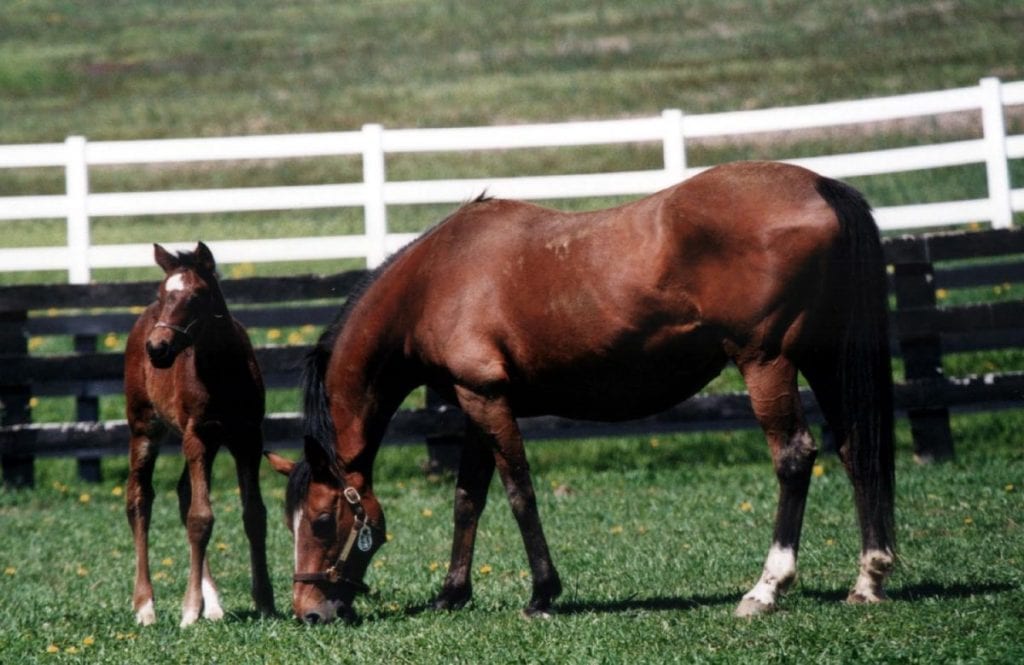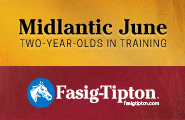U-Maryland Equine Studies will halt breeding program

From a University of Maryland Equine Studies Program release
The Equine Studies Program at the University of Maryland announced Wednesday that it is placing its equine breeding program on hiatus until a more sustainable funding model can be developed.
Dr. Amy Burk, coordinator for the program, said, “I am very proud of what the program helped achieve in the last 5 years, including the training of our hard-working students and the quality of the horses we produced.”
The program trained over 80 students in equine breeding and sales and helped students land jobs in the breeding industry in both Maryland and Kentucky.
“When several of our students started working for Ashford Stud in Kentucky and several farms here in Maryland, I knew we were doing something right,” Burk said of the farm that is home to Triple Crown Winner American Pharoah. “Unfortunately, expensive programs like these take a toll on University resources. I think the hiatus will give us some much needed time to work with our industry stakeholders to identify patrons and improve our bloodstock.”
Since the start of the program in 2013, the program has produced 5 racehorses that have collectively earned nearly $100,000, including Maryland’s Best, third in the 2016 Maryland Million Nursery. And on Labor Day, program product Fearless Terp, a two-year-old son of Nicanor, broke his maiden via disqualification in a roughly run maiden race at Timonium.
University of Maryland students have foaled and sold seven Thoroughbreds, six of which have made it to the track. All six have won or placed.
The program will sell its current herd of horses as part of the wind down. Offered for sale will be Thoroughbred weanlings by Jump Start, Golden Lad, and Mosler, as well as mares in foal to Friesan Fire, Great Notion, and Golden Lad. In their place, the University hopes to secure two privately-owned pregnant broodmares that students will foal out on campus as part of the equine reproduction class.
Burk added, “While we won’t have the training and sales preparations as part of the program, I’m hopeful that field trips and additional internships will fill that void.”
The Equine Studies Program said that it was thankful for the steadfast support of the Maryland Horse Breeders Association, many generous individuals, Fasig-Tipton, and especially the stallion owners and farms that donated breeding seasons and broodmares.












